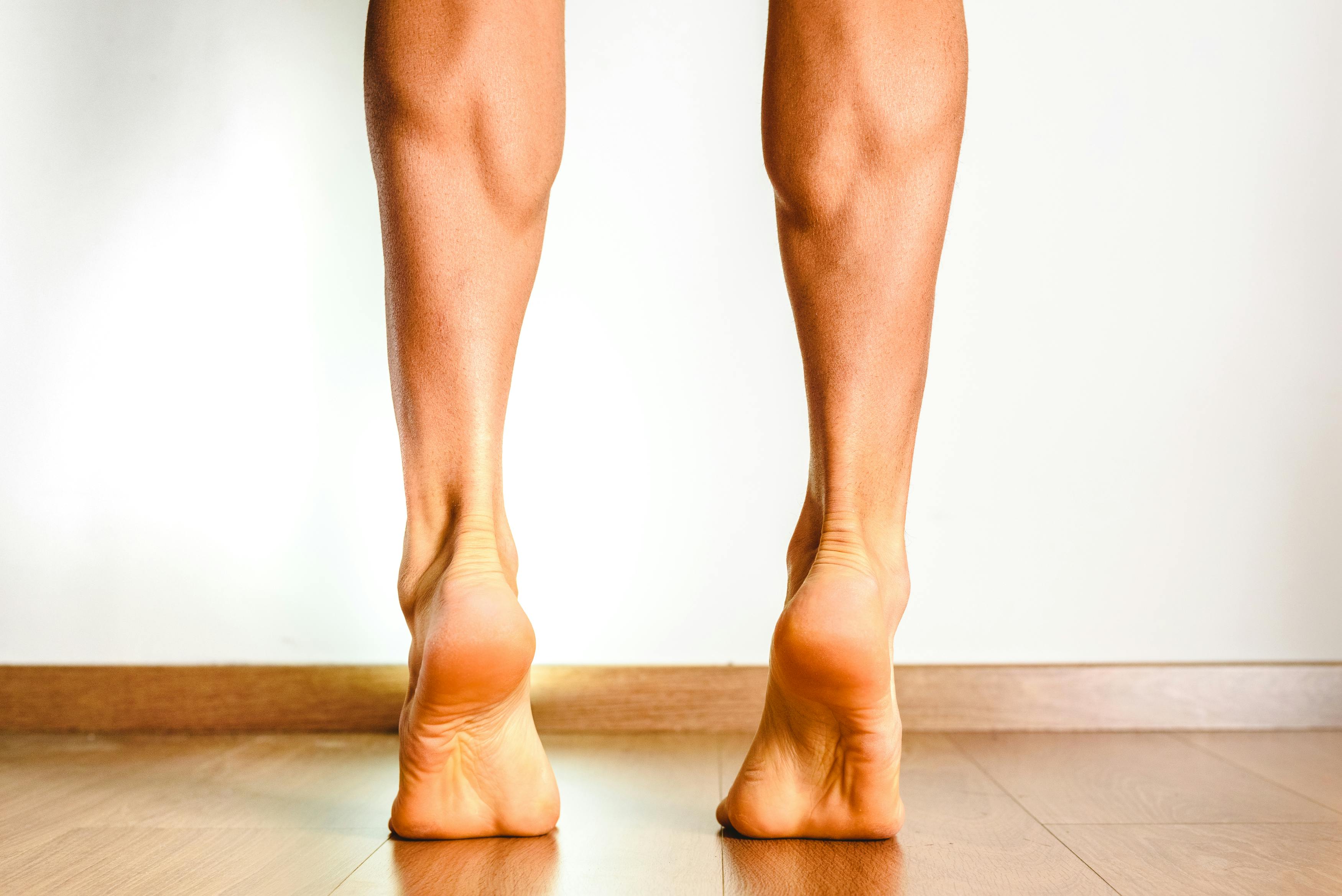Tight Calves? 5 Reasons why you shouldn't ignore them!

There are so many reasons why your calves get tight - it might be due to the shoes you choose to wear (high heel wearers I'm looking at you!), or the type of exercise you do; or you may be just born with a physique that lends itself to calf tightness. Regardless of what you do or why you have your tight calf muscles - here are some reasons why you should do some work on them right now!
1. They Can Lead to Foot and Heel Pain
Your calf muscles are connected to your Achilles tendon, which attaches to your heel. When your calves are tight, they pull on the Achilles, which can lead to foot pain, particularly in the heel. This tension is one of the main contributors to conditions like plantar fasciitis—a common but painful issue that can take weeks (or months) to recover from.
2. They Affect Your Walking and Running
Tight calves limit the range of motion in your ankle, making every step less efficient. Whether you’re going for a jog or just walking around, this reduced flexibility can throw off your gait, increasing the strain on other muscles and joints. Over time, this imbalance can lead to injuries in your knees, hips, and even your lower back.
3. They Increase the Risk of Injuries
Muscles that are tight are more prone to strains and tears. If you’re active—whether it’s playing sport, running, or hitting the gym—tight calves can easily lead to a pulled muscle or worse. Stretching regularly can reduce this risk and help keep you moving pain-free.
4. They Can Cause Cramping
Ever had a calf cramp wake you up in the middle of the night? Tight muscles are often the culprit. These cramps can be excruciating, and chronic cramping might even signal underlying issues like dehydration, poor circulation, or nerve problems. Don’t ignore recurring cramps—they’re worth discussing with a healthcare professional.
5. They Might Be Hiding Bigger Problems
Persistent tightness in your calves can sometimes point to deeper issues, like poor circulation or nerve compression. If your calves feel constantly tight despite stretching and massage, or if you’re experiencing other symptoms like swelling, tingling, or pain, it’s time to seek professional advice.
What You Can Do
The good news is, there are plenty of ways to manage tight calves and keep them healthy:
- Stretch Regularly: Simple calf stretches can make a world of difference.
- Strengthen and Balance: Exercises that strengthen your lower legs can help improve flexibility and stability.
- Stay Hydrated: Dehydration can contribute to cramping, so drink up!
- See a Podiatrist: If tight calves are causing you ongoing issues, a podiatrist can assess your biomechanics and recommend treatments like orthotics or stretching routines.
Don’t Ignore the Signs
Tight calves might not seem like a big deal, but they can have a ripple effect on your entire body. Taking steps to address the issue now can save you a lot of discomfort down the track.
If you’ve been struggling with calf tightness or pain, book an appointment with your podiatrist today. Let’s get to the bottom of it and keep you moving freely!